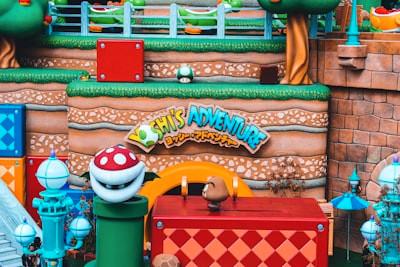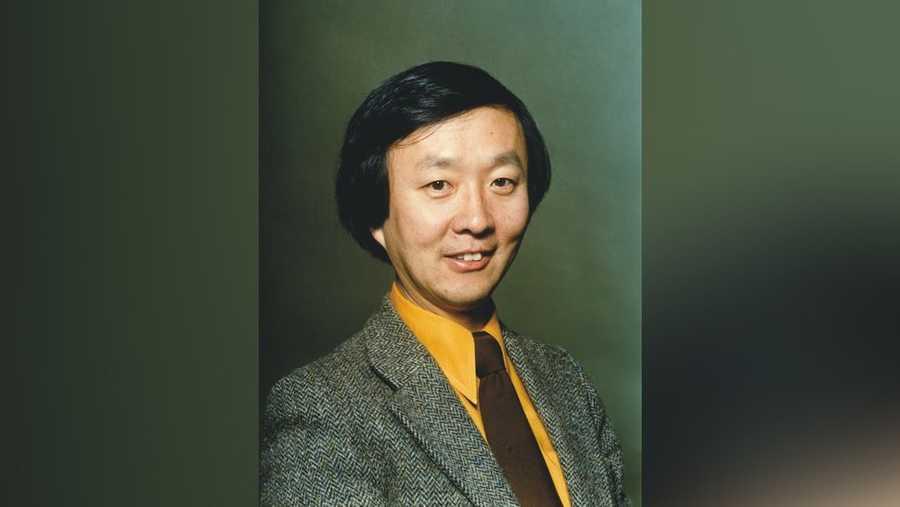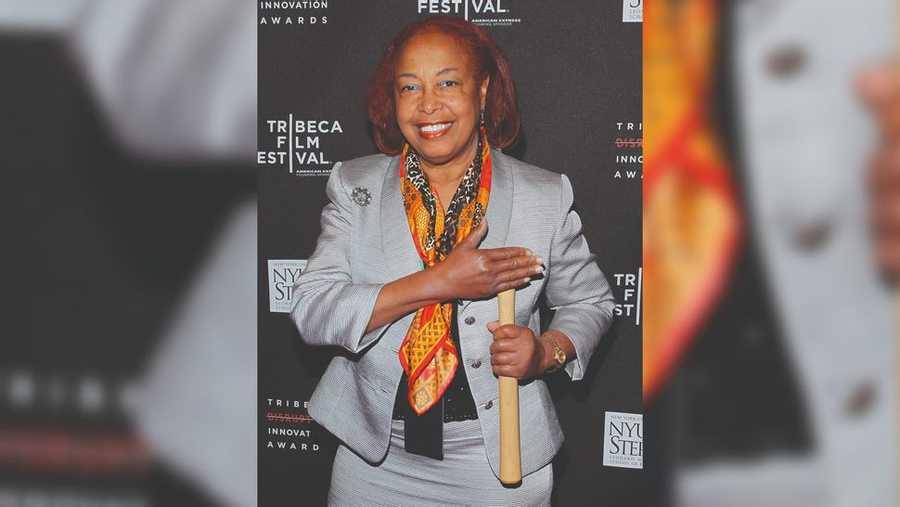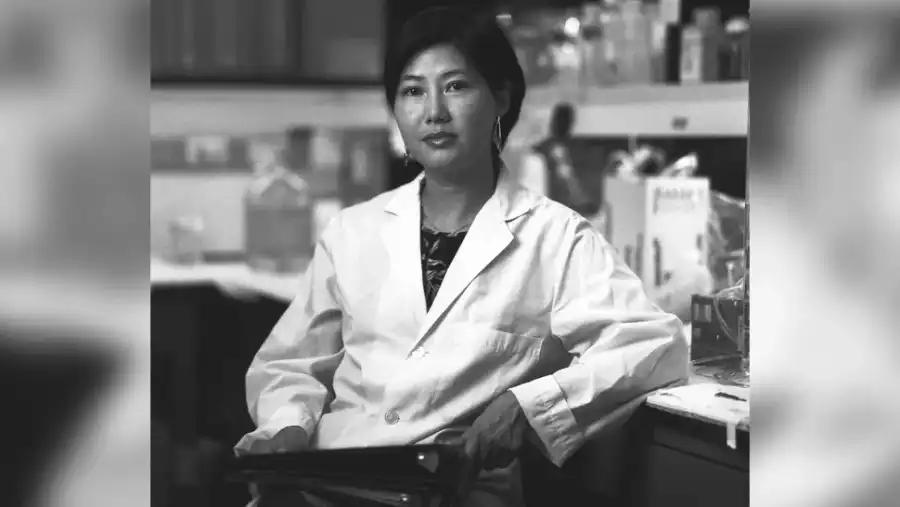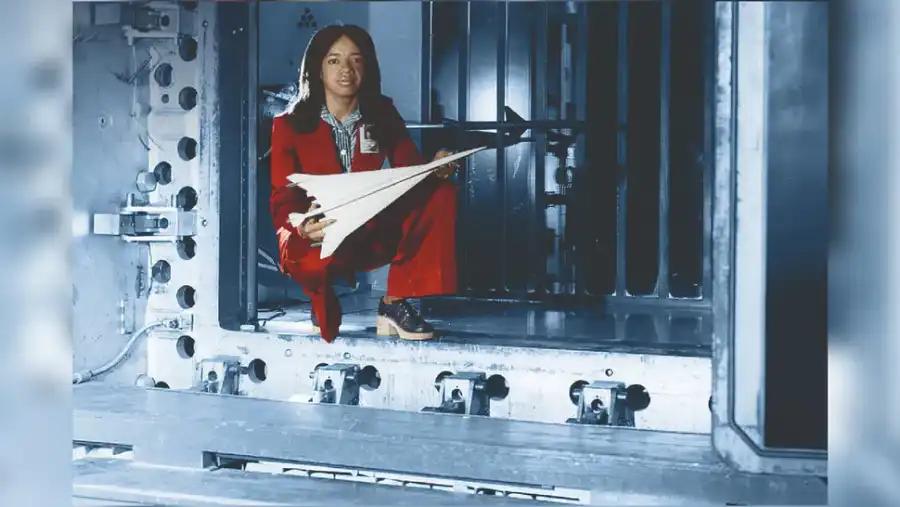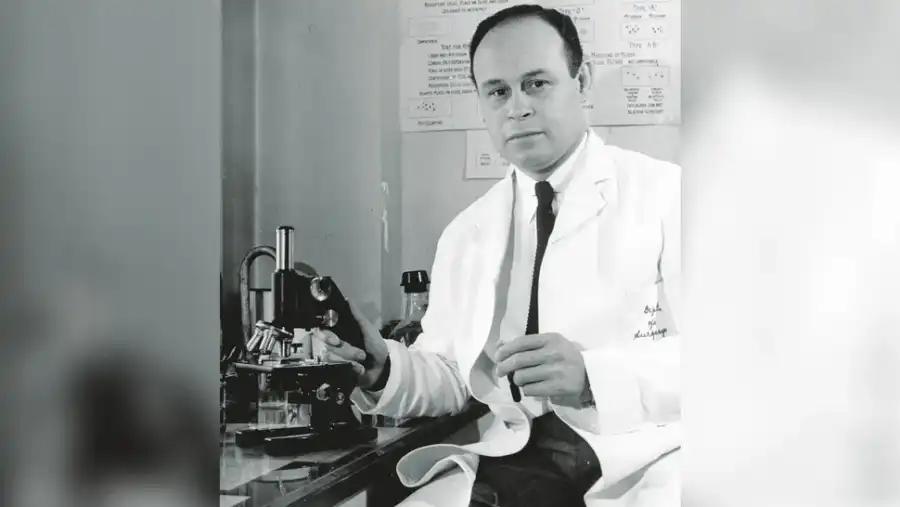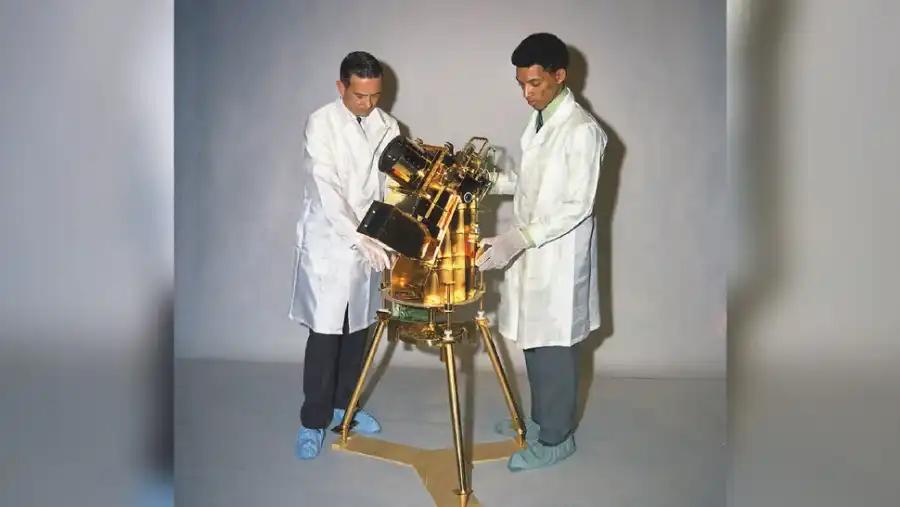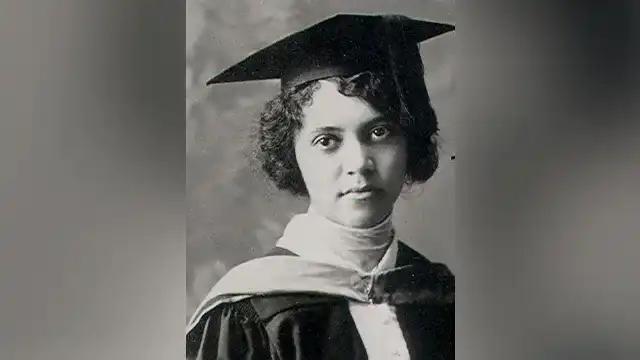Explore the World's Best Ideas
Join today and uncover 100+ curated journeys from 50+ topics. Unlock access to our mobile app with extensive features.
The father of fibre-optic communication
Charles Kuen Kao (1933-2018) transformed the way we communicate. In the mid- 1960s, Kao suggested that information can be delivered in the form of light through fibre-optic cables.
The cables are made of long, purified glass pipes along which light beams would be fired. Because the glass is made of purified glass, the pipe's walls act as a mirror for the photons (light particles), making them bounce and travel across large distances within the pipe.
33
331 reads
Treating cataracts with lasers
Studies show that over 90% of Americans have at least one cataract by age 65. There are various treatments for cataracts. One technique involved inserting a needle into the eye to reach the lens, then breaking apart the cloudy cataract using an ultrasound probe.
Patricia Bath (1942-2019) invented the Laserphaco Probe in 1986, replacing ultrasound with lasers that are more accurate. Bath was the first African American to receive a patent for her technique.
28
161 reads
Breaking HIV's genetic code
Flossie Wong-Staal (1946-2020), a virologist, played a central role in AIDS research.
Wong-Staal was part of the team that first identified the HIV virus as the cause of AIDS. Together with her colleague Robert Gallo, Wong-Staal cloned HIV and discovered how it hides from the immune system. She also created a blood test to detect HIV.
27
165 reads
Pioneering supersonic flight
Christine Darden (1942-present), a female engineer at NASA, used computer models to calculate the environmental effect of sonic booms.
Sonic booms are the loud noises produced when planes fly faster than the speed of sound. The noise is caused by the sudden change in air pressure around the aircraft. While NASA scientists replicated the booms using wind tunnels and model planes, Darden's simulation results matched the wind tunnel outcomes, were cheaper and more efficient.
28
131 reads
Invention of the blood bank
Charles Drew (1904-1950). Drew was a leading expert on blood.
During World War II, the need for blood transfusions increased. So in 1940, the U.S. formed the Blood for Britain project, aiming to ship blood overseas. Drew was appointed head of the project, and with John Scudder, devised a way to separate plasma from the blood. Blood needs to be refrigerated to remain useful, but if the plasma is extracted from the blood and mixed in a saline solution, it could be shipped without refrigeration.
29
119 reads
The first lunar telescope
George Carruthers (1939-2020) designed the Lunar Surface Ultraviolet Camera in 1972.
The camera was sent aboard Apollo 16 and put on the lunar surface. From there, it took over 550 ultraviolet images of stars, nebulas and galaxies. It also gathered data on Earth's atmosphere, including the accumulation of pollutants.
28
166 reads
Treatment for leprosy
Alice Ball (1892-1916) pioneered a new treatment for leprosy. Leprosy caused nerve damage and skin lesions. In 1873, Norwegian physician Dr Gerhard Henrik Armauer Hansen found that a bacterium Mycobacterium leprae caused leprosy.
In 1915, Ball developed a means to isolate the active ingredient in chaulmoogra nut oil and engineered a water-soluble injection of this extract as an effective treatment. The credit for her method was attributed to her colleague Arthur L. Dean, but she was credited for it posthumously.
27
169 reads
IDEAS CURATED BY
Vincent Robin's ideas are part of this journey:
Learn more about scienceandnature with this collection
How to establish a positive team culture
How to collaborate effectively
How to build trust with a new team
Related collections
Similar ideas
18 ideas
Pandemics That Changed History: Timeline
history.com
9 ideas
9 Pioneers Who Helped Mold the History of Psychology
psychcentral.com
5 ideas
Read & Learn
20x Faster
without
deepstash
with
deepstash
with
deepstash
Personalized microlearning
—
100+ Learning Journeys
—
Access to 200,000+ ideas
—
Access to the mobile app
—
Unlimited idea saving
—
—
Unlimited history
—
—
Unlimited listening to ideas
—
—
Downloading & offline access
—
—
Supercharge your mind with one idea per day
Enter your email and spend 1 minute every day to learn something new.
I agree to receive email updates
